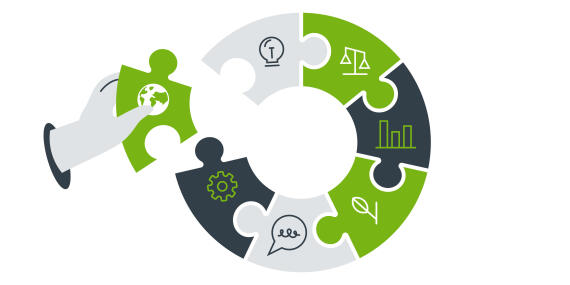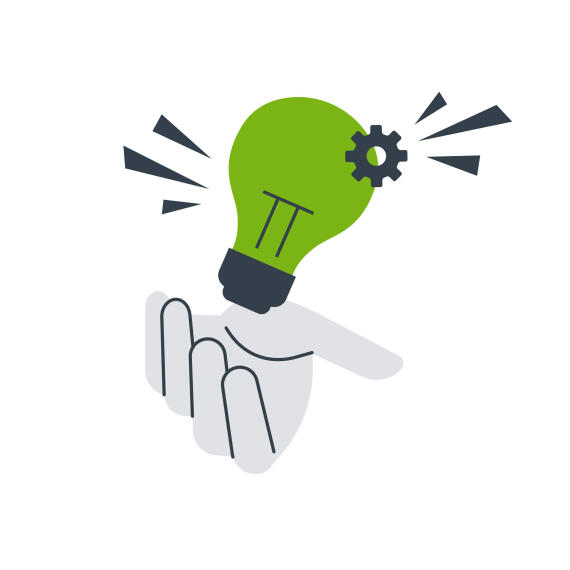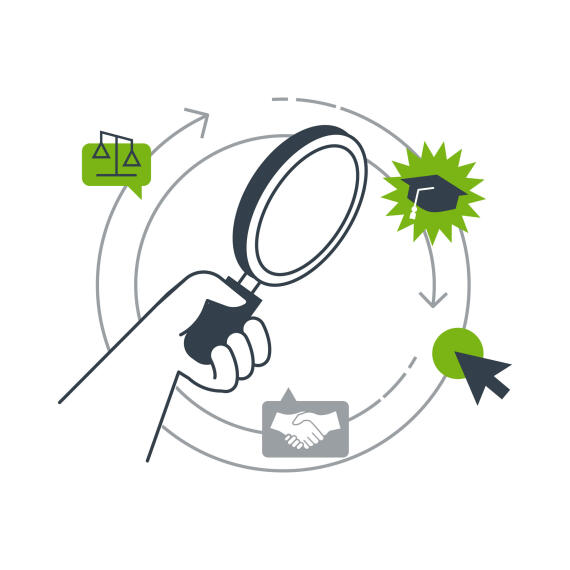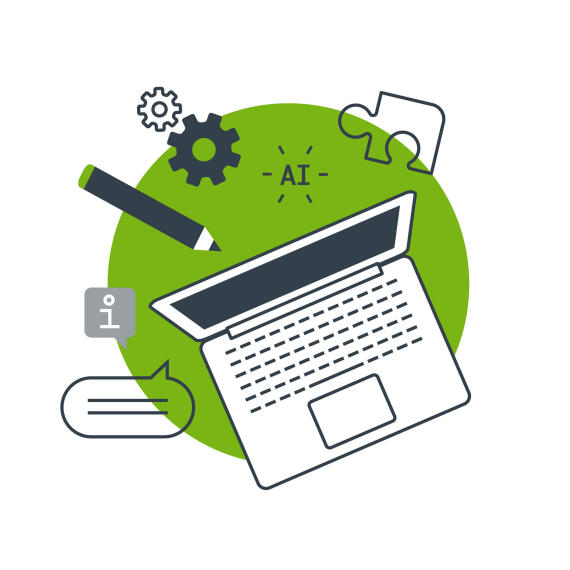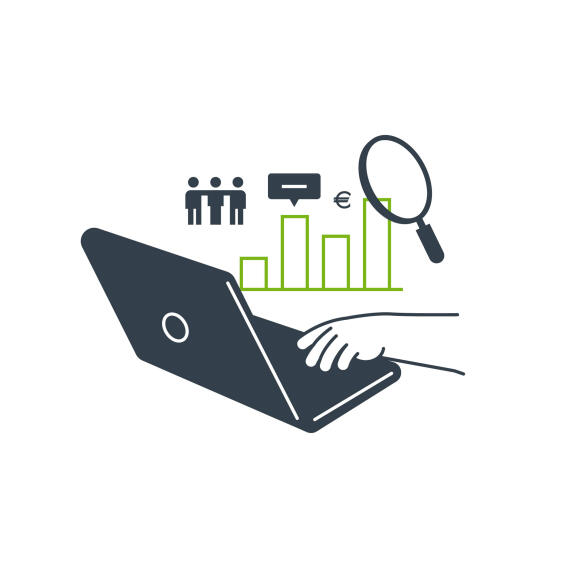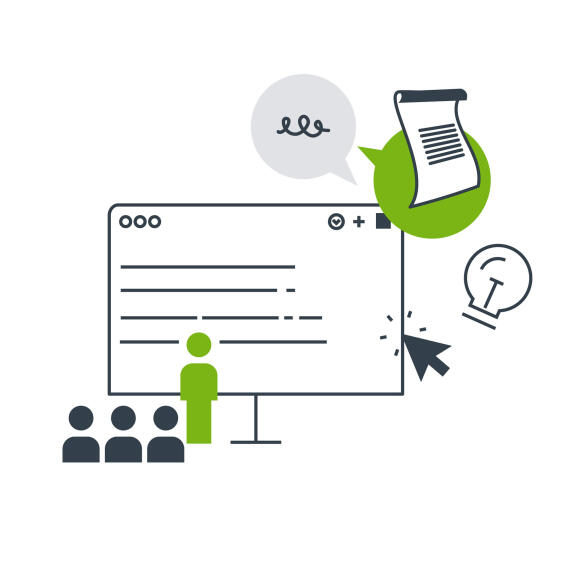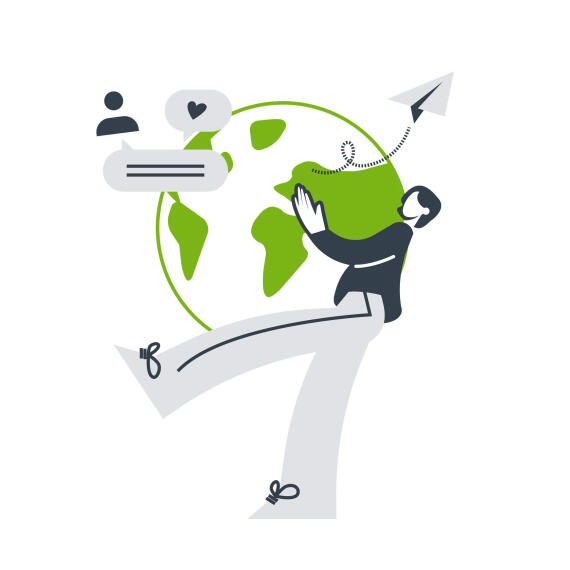We at CERes... train people.
The Münster Centre for Emerging Researchers (CERes) offers a broad programme of training for doctoral and postdoctoral researchers. Workshops, event series, and formats like coworking foster generic skills, good scientific practice, and career planning. Initiatives such as creating an Individual Development Plan (IDP) support your reflection and strategic development. Our program complements the many thematic or discipline-specific structured programmes and is also tailored to doctoral researchers pursuing individual doctorates. Participation is free of charge and sustainably supports your personal and professional growth.


